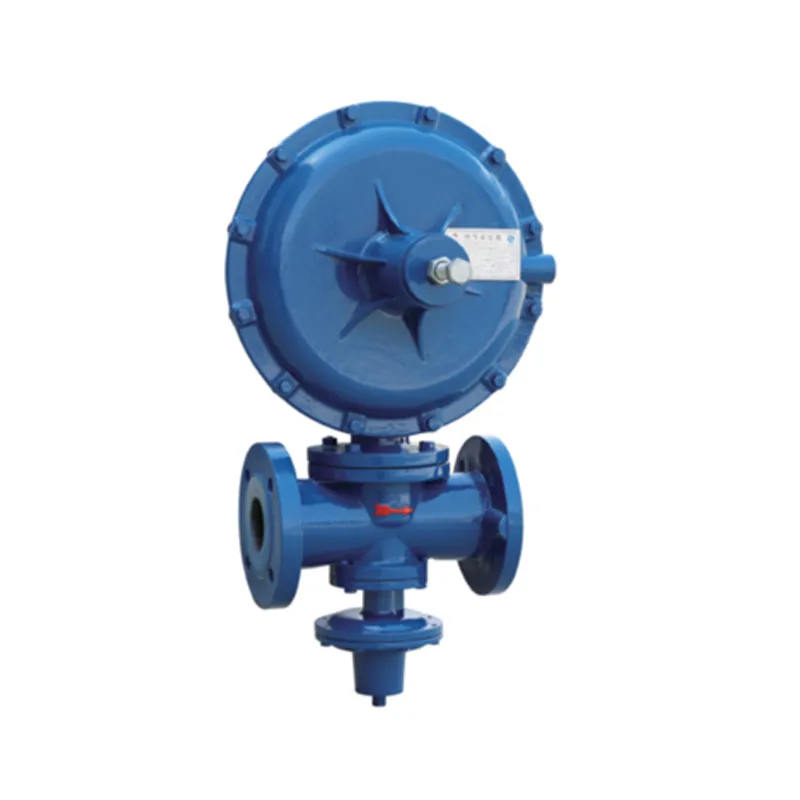
Oct . 11, 2024 14:14
Back to list
صمام الإغلاق
The Importance of Isolation Valves in Industrial Systems
Isolation valves, commonly known as shut-off valves, play a crucial role in various industrial applications. Their primary function is to control the flow of fluids through piping systems, ensuring safety and operational efficiency. Understanding the significance and functionality of isolation valves is essential for anyone involved in facility management, process engineering, or operations within industrial environments.
What is an Isolation Valve?
An isolation valve is a type of valve that can stop the flow of liquid or gas in a pipeline system. In essence, when the valve is closed, it prevents any substance from passing through, effectively isolating a section of the system. This isolation is critical during maintenance, repairs, or emergencies, as it allows operators to safely address issues without the risk of spills or hazardous leaks.
Types of Isolation Valves
There are several types of isolation valves, each suited for different applications
1. Gate Valves These valves provide short, linear motion to open or close the valve. They are commonly used for on/off control, as they offer minimal flow restriction and low-pressure drops when fully open. However, they are not ideal for throttling purposes.
.
3. Butterfly Valves These valves consist of a rotating disc that regulates flow. They are advantageous for larger pipeline systems due to their lightweight construction and rapid operation. While they provide effective flow control, they may not seal as tightly as ball or gate valves.
صمام الإغلاق

4. Globe Valves Utilized primarily for throttling flow, globe valves have a spherical body. They offer good control over flow rate but typically result in higher pressure drops compared to other types.
Benefits of Using Isolation Valves
1. Safety In industrial environments, the unintentional release of fluids, whether they are water, chemicals, or gases, can pose significant risks. Isolation valves help mitigate these risks by allowing sections of the system to be shut off during emergencies or maintenance.
2. Maintenance Efficiency Regular maintenance of industrial systems is essential for optimal performance. Isolation valves enable workers to isolate specific sections of piping, allowing for safe repairs and maintenance without shutting down entire systems.
3. Operational Flexibility Isolation valves provide the flexibility needed to modify system configurations on the fly. This adaptability is crucial in industries where processes frequently change, allowing operators to reroute fluids or temporarily shut down certain sections without significant downtime.
4. Cost-Effectiveness Although the initial investment for high-quality isolation valves may be higher, they can lead to significant cost savings in the long run. By preventing leaks and minimizing downtime, businesses can enhance their operational efficiency and avoid costly repairs or environmental penalties.
Conclusion
Isolation valves are indispensable components of any industrial piping system. Their ability to control the flow of fluids safely and efficiently makes them essential for maintaining system integrity. Whether through gate, ball, butterfly, or globe valves, the importance of proper valve selection and maintenance cannot be overstated. As industrial operations continue to evolve, the role of isolation valves will remain critical in ensuring safety, efficiency, and reliability in fluid management across various sectors. Understanding these valves not only equips professionals with the knowledge to make informed decisions but also fosters a safer working environment for everyone involved.
Latest news
-
Safety Valve Spring-Loaded Design Overpressure ProtectionNewsJul.25,2025
-
Precision Voltage Regulator AC5 Accuracy Grade PerformanceNewsJul.25,2025
-
Natural Gas Pressure Regulating Skid Industrial Pipeline ApplicationsNewsJul.25,2025
-
Natural Gas Filter Stainless Steel Mesh Element DesignNewsJul.25,2025
-
Gas Pressure Regulator Valve Direct-Acting Spring-Loaded DesignNewsJul.25,2025
-
Decompression Equipment Multi-Stage Heat Exchange System DesignNewsJul.25,2025

